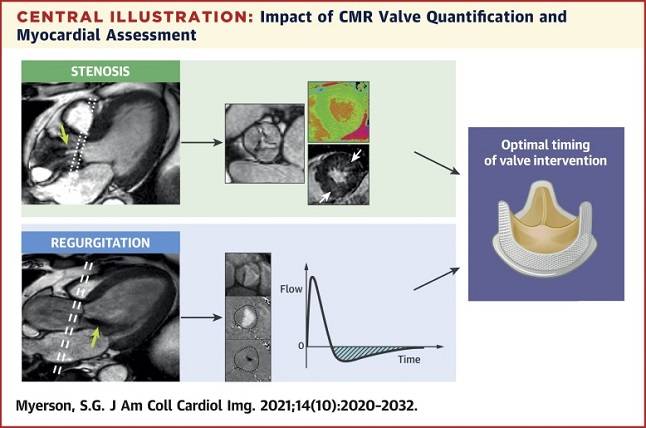
CMR is a term that has become increasingly common in recent years, but many people are still unsure of its meaning. CMR is an acronym that stands for “Convention relative au contrat de transport international de marchandises par route,” which translates to “Convention on the Contract for the International Carriage of Goods by Road.” In this article, we will provide a comprehensive guide to CMR and its significance in the transportation industry.
What is CMR?
CMR is a set of legal regulations that govern the transportation of goods by road between countries that have signed the convention. The convention was first adopted in 1956 by the United Nations Economic Commission for Europe (UNECE) and has since been updated several times. The most recent update was in 2008, with the aim of simplifying and modernizing the regulations.
Why is CMR important?
The CMR convention is essential for ensuring the safe and efficient transportation of goods across international borders. The regulations establish a standard set of rules that all parties involved in the transportation process must follow, including the carrier, the sender, and the receiver. The CMR convention covers a wide range of topics, including the responsibilities of the carrier, the liability for loss or damage to the goods, and the documentation requirements.
What does CMR cover?
The CMR convention covers various aspects of the transportation of goods by road, including:
Liability for loss or damage to goods
The convention outlines the liability of the carrier in the event of loss or damage to the goods during transportation. The carrier is liable for any loss or damage to the goods, except in cases where the loss or damage was caused by circumstances beyond their control.
Transport documents
The CMR convention requires that specific transport documents accompany the goods during transportation. These documents include a consignment note, which provides details of the goods being transported, the parties involved in the transportation, and the terms and conditions of the contract.
Carrier’s responsibilities
The carrier is responsible for ensuring that the goods are transported safely and securely. They must also ensure that the goods are delivered to the correct destination within the agreed timeframe.
Dispute resolution
The CMR convention provides a mechanism for resolving disputes that may arise between the parties involved in the transportation process. The convention establishes the jurisdiction of the courts and the procedures for initiating legal action.
Conclusion
In summary, the CMR convention plays a vital role in the transportation industry, providing a standardized set of rules for the international carriage of goods by road. The convention ensures that all parties involved in the transportation process are aware of their responsibilities and liabilities and provides a mechanism for resolving disputes. As such, it is essential for anyone involved in the transportation of goods by road to be aware of the CMR regulations and their implications.




